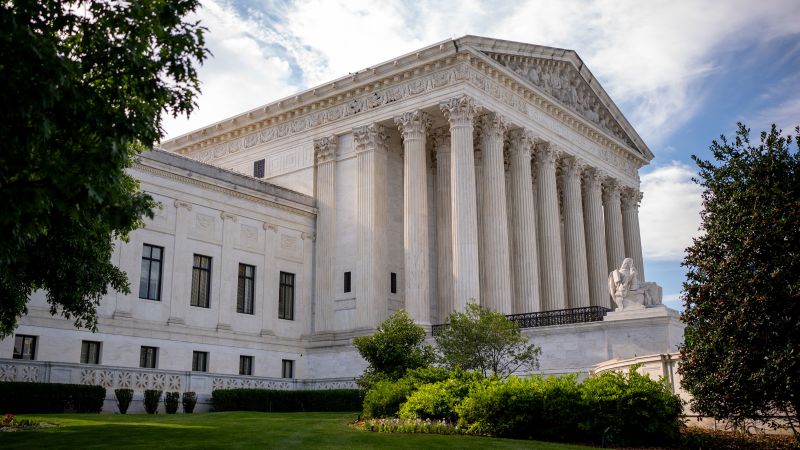The Supreme Court on Tuesday revived the case of a citizen journalist who was arrested in 2017 for seeking information from a police department source in Laredo, Texas.
The court threw out a decision against the journalist and ordered the appeals court to look at the case again.
Priscilla Villarreal, who posts her reports on Facebook to more than 200,000 followers, was arrested under a Texas law that makes it a crime to seek non-public information with “intent to obtain a benefit.” Villarreal, whose case was later thrown out, wants to sue police and prosecutors.
Though she doesn’t work for a traditional news organization, Villarreal has a significant following in Laredo. And she now also has the backing of some of the nation’s best-known news brands, including The New York Times and The Washington Post, who are supporting her case at the Supreme Court.
“The journalism of the last two-and-a-half centuries would be unrecognizable without the right to seek answers from public officials,” those organizations and others wrote in a brief backing Villarreal.
Villarreal sought to sue Laredo officials for civil rights violations, but her case was rejected because lower courts ruled those officials were entitled to qualified immunity, a legal doctrine that shields government employees from civil lawsuits unless their actions are obviously unconstitutional. A sharply divided 5th US Circuit Court of Appeals sided with the city and blocked her lawsuit from moving forward.
“Villarreal and others portray her as a martyr for the sake of journalism. That is inappropriate,” US Circuit Judge Edith Jones, a Ronald Reagan nominee, wrote for the majority in January. “She could have followed Texas law, or challenged that law in court, before reporting nonpublic information from the backchannel source.”
Authorities said Villarreal confirmed and published the identities of a suicide victim, a US Border Patrol employee, as well as the victim of a car accident.
Villarreal’s case has ties to one the Supreme Court decided in June involving a city councilwoman who was arrested for removing a public document – an arrest she said was in retaliation for her exercising her First Amendment rights. In an unsigned opinion, the court allowed the councilwoman’s case to continue.
Though there was broad agreement for the underlying outcome in that case, there was considerable discord over the scope of the opinion. CNN reported in July that Justice Samuel Alito was initially assigned the opinion but was unable to hold the majority because he wanted to make it more difficult for Gonzalez to press her claims in lower courts.
The Supreme Court did not explain its ruling and there were no noted dissents.
Read the full article here


